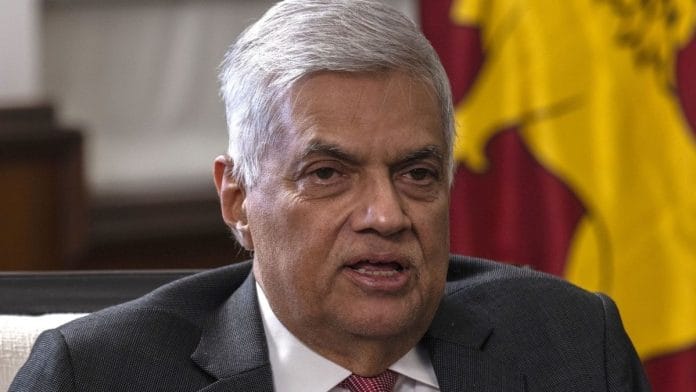Colombo: Sri Lanka’s new Prime Minister Ranil Wickremesinghe proposed to raise tax rates to help meet conditions for a bailout from the International Monetary Fund.
The value added tax would rise to 12% from 8%, telecom levy to 15% from 11.25%, and standard corporate tax to 30% from 24%, Wickremesinghe said in a statement Tuesday. The increases will be implemented “over the immediate and near term,” he added.
The government is trying to revert to tax rates that existed before President Gotabaya Rajapaksa slashed them in a failed bid to stimulate the economy, before the pandemic disrupted global travel and sapped the island nation of tourism revenue.
“These reforms are now being looked as policies that led to a significant loss of government revenue,” Wickremesinghe said.
“This fiscal imbalance has significant adverse spillover effects over the economy,” he added. “Sri Lanka’s economic outlook remains vulnerable.”
The bankrupt country must now raise revenues and slash expenditure to win a loan from the IMF. The multilateral lender wants a primary deficit of 2% of gross domestic product by 2025 but Sri Lanka will probably only break even or post a 1% surplus at best, Wickremesinghe had said previously.
Sri Lanka had introduced a low tax regime shortly after Rajapaksa was elected in 2019, leading to annual revenue losses of as much as 800 billion rupees ($2.2 billion), Wickremesinghe said on Tuesday.
Data earlier Tuesday showed inflation accelerated more than expected toward 40%. Citizens are suffering shortages of food, fuel and medicines as the nation has run out of dollars to pay for imports.
It has frozen repayments on foreign debt and is moving toward talks with global bondholders.- Bloomberg
Also read: India’s ‘big domestic market’ is a big lie. Look beyond—see what China, Japan have done






